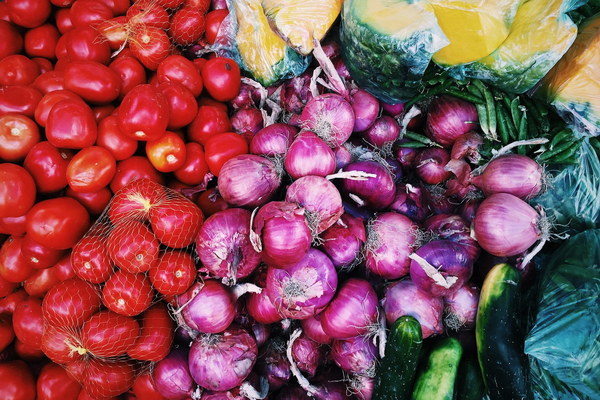The Ancient Wisdom of the Imperial Physicians A Comprehensive Guide to Health and Wellbeing
In the annals of history, the role of the imperial physician has been a revered one, as these esteemed healers were not only responsible for the health of the emperor and his court but also for preserving the secrets of traditional Chinese medicine. Today, we delve into the timeless wisdom of the ancient imperial physicians and offer a comprehensive guide to health and well-being based on their teachings.
1. The Importance of Balance
At the heart of traditional Chinese medicine is the concept of balance. The body, mind, and spirit must be in harmony for one to achieve optimal health. The imperial physicians emphasized the importance of maintaining balance in all aspects of life, including diet, exercise, and emotional well-being.
1.1 Diet
A balanced diet is essential for good health. The ancient physicians recommended a diet rich in fresh, whole foods that are in season and locally sourced. They believed that eating a variety of colors would provide a range of nutrients and promote health. Some key dietary principles include:
- Avoiding excessive consumption of cold and raw foods, as they can lead to internal coldness and weaken the body's defenses.
- Incorporating warm and cooked foods to promote circulation and maintain a healthy body temperature.
- Consuming a balance of grains, vegetables, fruits, and meats, ensuring a variety of nutrients are consumed.
1.2 Exercise
Exercise is crucial for maintaining a healthy body and mind. The ancient physicians advocated for gentle, rhythmic movements that promote the flow of Qi (vital energy) throughout the body. Some popular exercises include:
- Tai Chi: A slow, meditative form of martial arts that promotes relaxation and balance.
- Qigong: A series of exercises that focus on breath control and the cultivation of Qi.
- Yoga: A practice that combines physical postures, breathing exercises, and meditation to promote balance and well-being.
1.3 Emotional Well-being

Emotions play a significant role in health. The imperial physicians believed that unresolved emotions could lead to illness. To maintain emotional well-being, they recommended:
- Practicing mindfulness and meditation to stay grounded and present.
- Expressing emotions in healthy ways, such as through art, writing, or talking with trusted friends and family.
- Seeking support from professionals when needed, such as therapists or counselors.
2. Herbs and Natural Remedies
The ancient physicians were experts in the use of herbs and natural remedies to treat illness and promote health. Some key herbs and remedies include:
- Ginseng: Known for its adaptogenic properties, ginseng helps the body cope with stress and improve overall vitality.
- Astragalus: A powerful immune booster that supports the body's natural defenses.
- Ginger: This root has anti-inflammatory properties and can help alleviate nausea and indigestion.
- Acupuncture: A therapeutic technique that involves inserting fine needles into specific points on the body to restore balance and promote healing.
3. The Power of Prevention
The imperial physicians believed in the power of prevention, as they understood that treating illness is often more challenging than preventing it. To promote good health, they recommended:
- Regular check-ups with a healthcare provider to monitor health and catch potential problems early.
- Staying active and maintaining a healthy lifestyle to reduce the risk of chronic diseases.
- Seeking medical attention when symptoms arise, as early intervention can often lead to better outcomes.
In conclusion, the wisdom of the ancient imperial physicians offers a timeless guide to health and well-being. By focusing on balance, incorporating herbs and natural remedies, and prioritizing prevention, we can all strive for a healthier, happier life.









